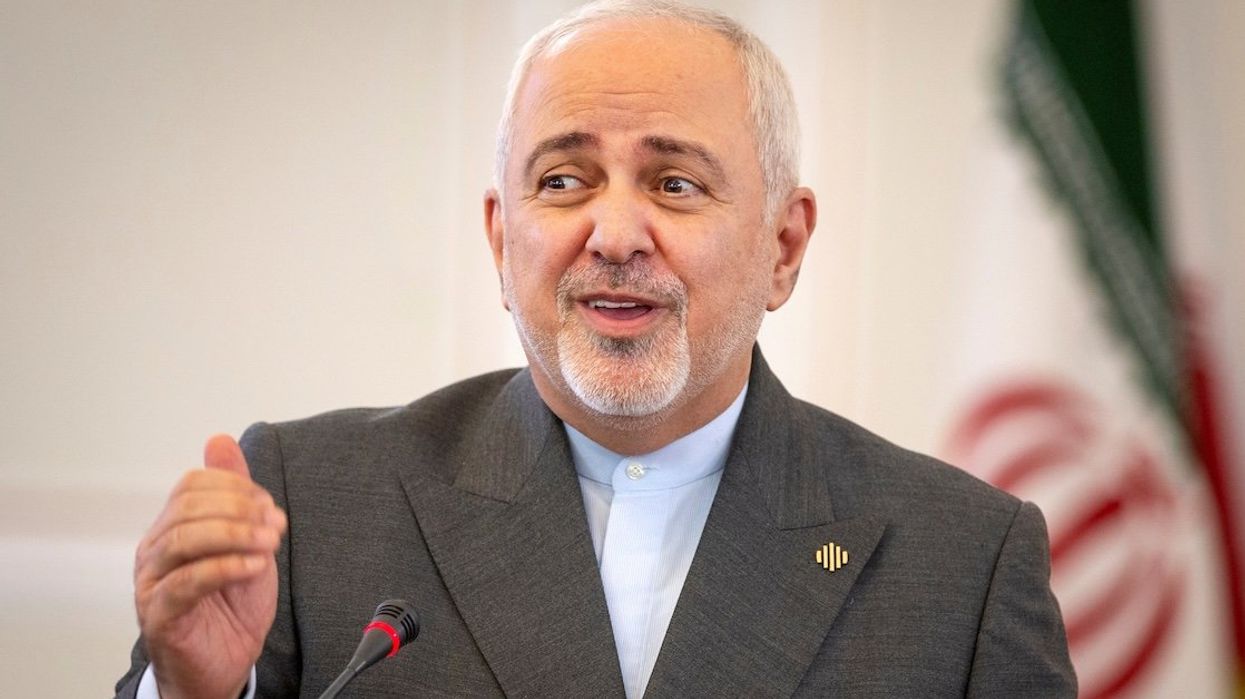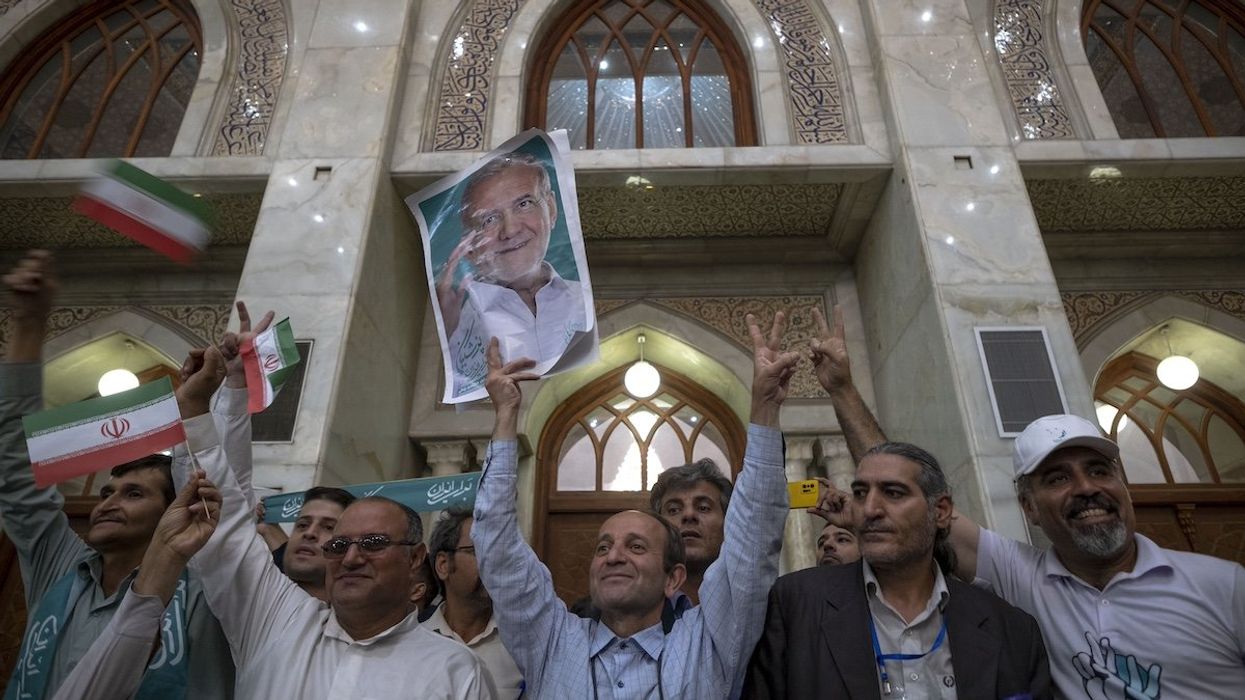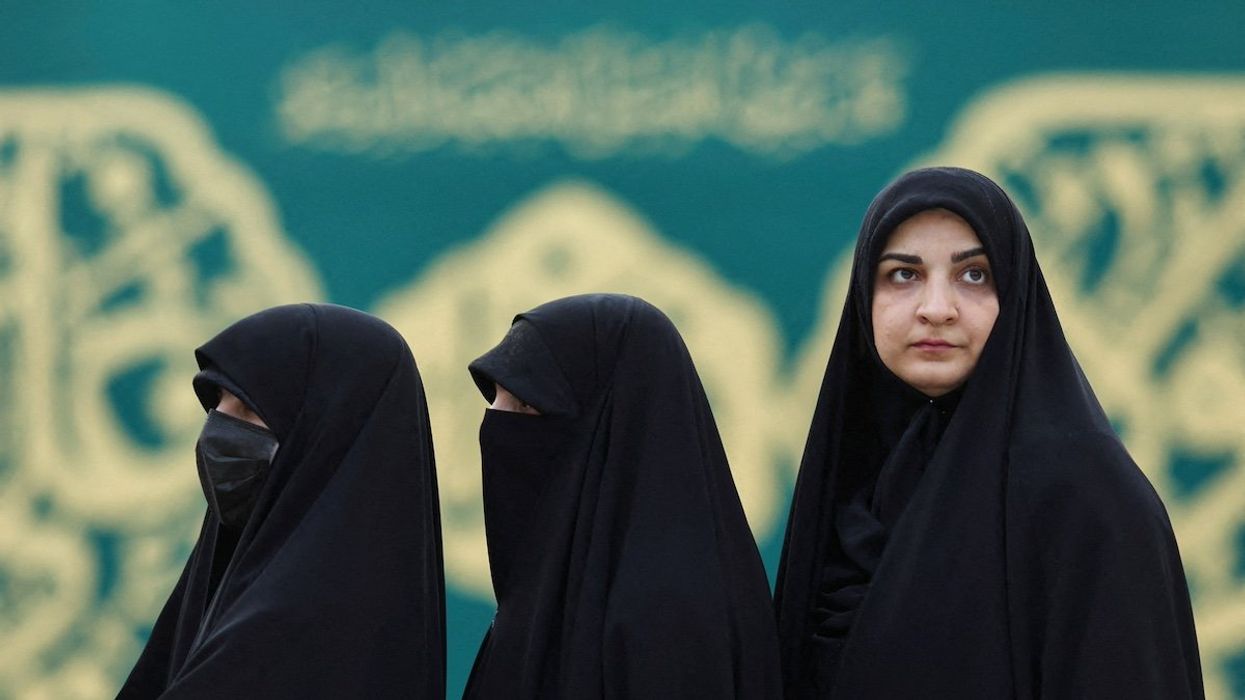What We're Watching
Iranian VP resigns as hardliners flex muscle
The administration of Iranian President Masoud Pezeshkian suffered a second blow in as many days with the resignation Monday of Mohammad Javad Zarif, Iran’s vice president for strategic affairs. His departure comes after the impeachment on Sunday of another Pezeshkian ally, Economy Minister Abdolnaser Hemmati, over the decline of the Iranian rial, and is a sign that conservative forces are gaining ground within the current administration.
Mar 03, 2025




